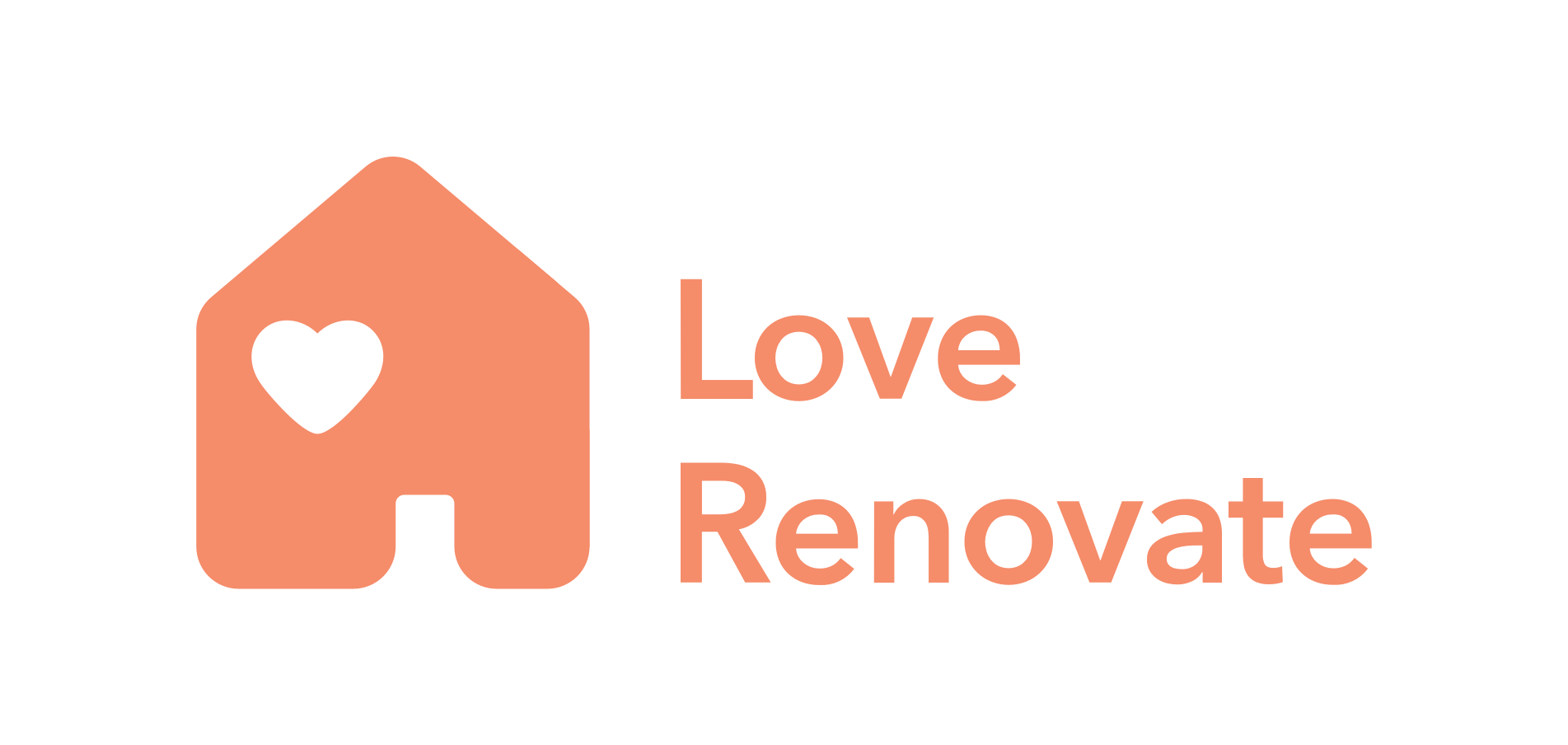Expert Advice - Eco Friendly Renovations
Share
Copy Link
A home renovation or extension is the perfect time to look at how eco friendly your home is and make sure it's kinder to the earth. Not only will an eco friendly renovation help the environment, you will also notice a difference in the efficiency of your home and your energy bills.
We catch up with Koru Architects, who specialise in environmentally friendly renovations, extensions and new builds, who share their advice on planning an eco friendly renovation.
What can I do inside my existing home to improve the energy efficiency?
You should do the following, in this order of priority:
- Switch to LED lamps throughout
- Fill any gaps and cracks in the external walls and around the windows and doors
- Make sure you have loft insulation
- Install a new condensing gas boiler
- Replace single glazed windows with double glazed
- Switch all appliances to A++ rated appliances
- Insulate below a timber floor

Eco friendly extension by Koru Architects
What kind of renewable system is the best way to heat my home?
If you have a correctly oriented roof then solar thermal panels are the best way to heat domestic hot water. As well as reducing your carbon footprint and decreasing your electricity bills, you can also receive payment for the excess electricity you export through the Feed-in Tariff Scheme.
In terms of heating, one of the best options is a Biomass boiler system (fuelled by wood) which is a sustainable and affordable choice. Another good option is a ground source heat pump for space heating, where pumps are buried in the garden and extract heat from the ground to heat your home.
What is the best insulation to use when I am renovating or extending my property?
Natural insulation such as sheep’s wool, wood fibre, hemp and recycled newspaper are all good options. Natural insulation is a sustainable option, can normally be fully recycled at the end of its life, is a thermally efficient option and also has excellent acoustic properties.

Zero Carbon New Build Home by Koru Architects
Are there any construction materials that are best to use in my extension to improve its eco credentials?
Timber frame and natural insulation, air-tightness membrane such as ProClima. Timber is one of the very best materials, so we utilise it in the majority of our projects. The advantages of timber include it's versatility, durability, non-toxic qualities (in its natural state), it's sustainability and the fact that it provides effective carbon storage.
What design features can be used in an extension to make it as energy efficient as possible?
Make sure you orientate large areas of glazing to the south if possible to optimise winter solar gain. Large, often floor-to-ceiling, double or triple glazed windows bring in as much sunlight as possible and warm the inside via the greenhouse effect. Shades or louvres at the top of the windows can be used to prevent overheating. They block out the high summer sun while allowing the lower morning and winter sun to warm the building.
Does the design of an eco friendly home renovation or extension have an impact on planning permission?
No, the rules for permitted development are the same for eco extensions and non-eco extensions.
Anything else I need to know about creating an eco friendly home?
Engage a decent architect like ourselves who understands the issues and knows how to overcome them!
Published: July 19, 2022



